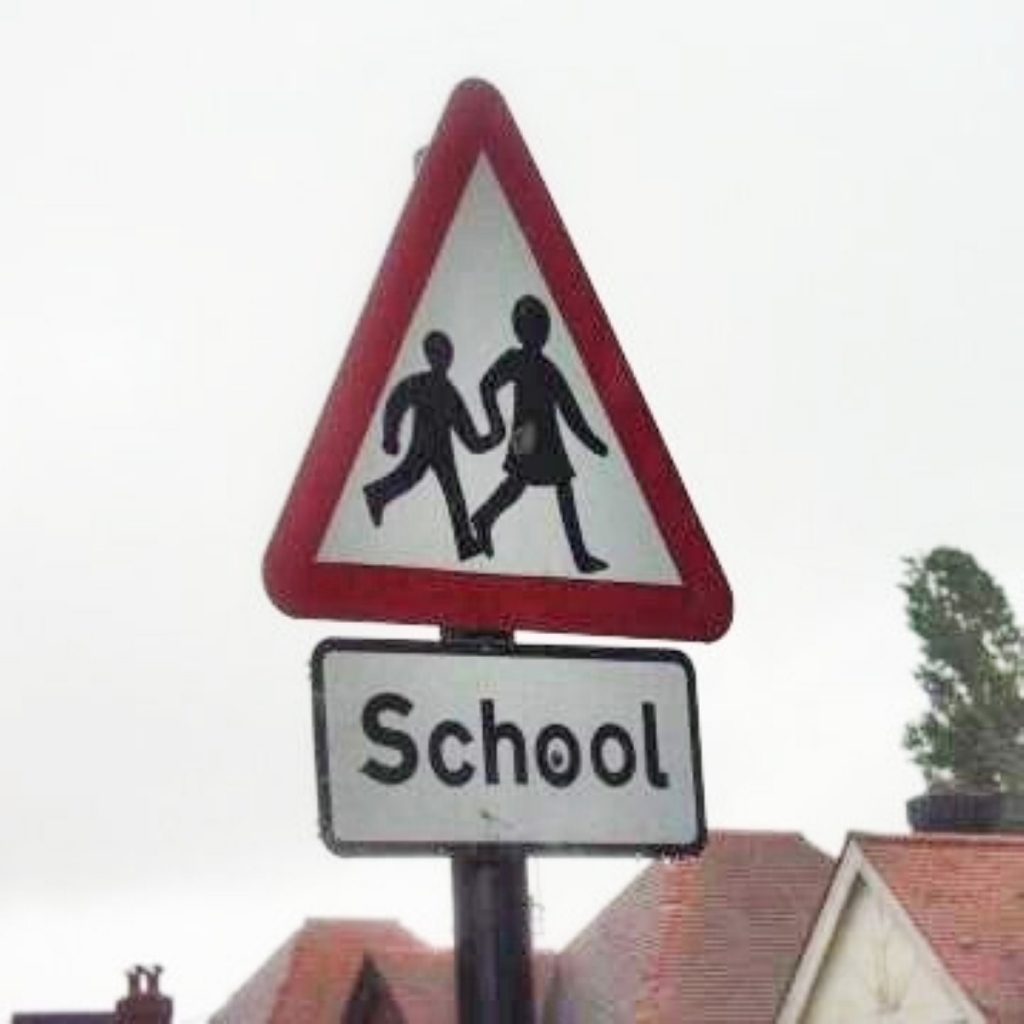‘Thousands of children’ failed by system
By Emmeline Saunders
Thousands of children are being put at risk of sexual exploitation because local authorities are ignoring the problem, children’s charity Barnardo’s has argued.
Four in five local authorities do not have any specialised services to help sexually exploited children and young people, despite government guidance which urges councils to consider the needs of such children within their planning.
Of 209 local authorities and trusts in the UK with responsibility for producing Children and Young People Plans (CYPPs), just 40 are known to provide specialist services designed to help victims of trafficking and sexual exploitation.


The charity’s report ‘Whose child now?’ explored the link between children who are regularly reported missing and sexual exploitation.
Each year, it is estimated that around 100,000 young people under the age of 16 run away from home. It is thought around one in six will sleep rough, and one in 12 will come to harm while they are away from care.
Those who run away can find themselves in risky situations, flattered by the attentions of sympathetic adults, and can become “highly vulnerable to the well-rehearsed grooming techniques of abusing adults,” the report said.
Wendy Shepherd of Barnardo’s said: “I believe that sexual exploitation is becoming more organised; the criminals who abuse are more sophisticated. There are networks of older men grooming and trafficking children within the UK.
“It’s a growing phenomenon and it’s extremely difficult to police.
“Another area of concern for the practitioners is the frightening number of children who go missing repeatedly and are found to have been sexually exploited. It’s a huge risk factor for youngsters and we are worried that it’s still largely being ignored.”
Child sexual exploitation is defined as the involvement of a person below 18 who is involved in sexual activity for which a remuneration (of cash or ‘in kind’) is given, either to the young person or to a third party.
The perpetrator will have power over his or her victim by their age, emotional maturity, gender, physical strength or intellect.
The report also highlighted a trend in child trafficking around the UK for the purpose of sexual exploitation. However the true extent of the problem is difficult to measure as victims are frequently too afraid or ashamed to make or formal complaint, or have been groomed not to recognise themselves as a victim.
But when a young person often goes missing, professionals can become complacent about the danger of the situation, believing the child will return as normal or has become more resilient to the risks they face.
Barnardo’s chief executive Martin Narey said: “We don’t know the true extent of this problem. But we know, however hidden from the public eye it might be, it affects many thousands of children.
“We shouldn’t have to do this work. But men are not going to stop the predatory sexual abuse of girls and sometimes boys. We shall not stop trying to thwart such men and help their victims escape from their clutches.”
The report is calling for all local authorities to ascertain whether child sexual exploitation is a problem in the area, and to provide funding for specialist services to support young victims.
Barnardo’s also argues for all people working in children’s services to be trained to recognise the signs and take action if they believe a young person is at risk.









